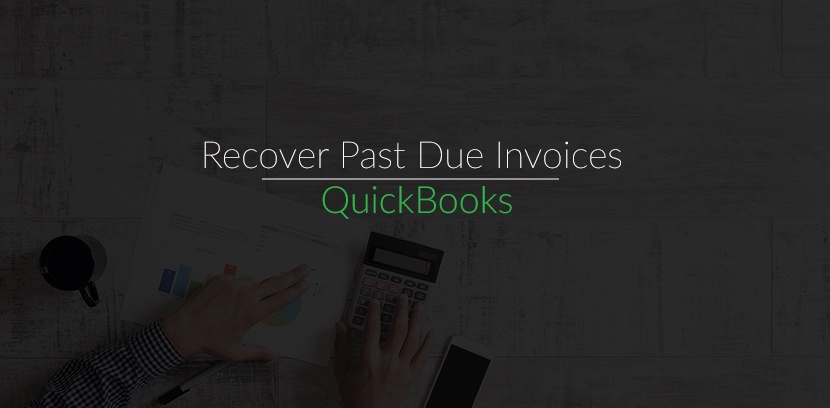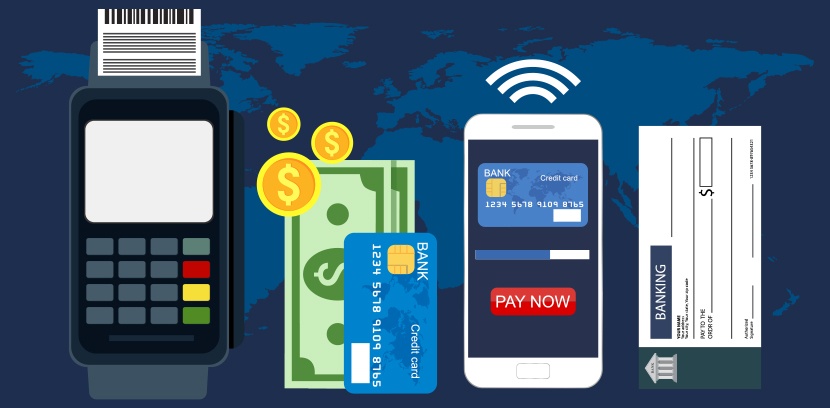When talking about money, the Latin playright, Plautus, is quoted as saying, "When you ask for it back again, you may find a friend made an enemy by your kindness. If you begin to press still further, either you must part with that which you have entrusted, or else you must lose that friend."
Money discussions are challenging and it's very easy to take it personally when a client owes you money but isn't paying. The truth is, collecting what is owed to you is not personal, it's necessary.













